A beautiful garden is meant to be a sanctuary, but mosquitoes can quickly turn it into a nuisance. These tiny insects not only cause itchy bites but also carry diseases like dengue, malaria, and Zika virus. While chemical repellents and sprays can help, many gardeners prefer natural, eco-friendly solutions that enhance both the look and functionality of their outdoor spaces.
Planting mosquito-repelling flowers is one of the simplest and most effective strategies. These flowers release aromatic oils and scents that mosquitoes dislike, creating a natural barrier while beautifying your garden. Here’s a detailed guide to five flowers that repel mosquitoes, including planting tips, care instructions, and how to maximize their effectiveness.
1. Marigolds (Tagetes spp.)
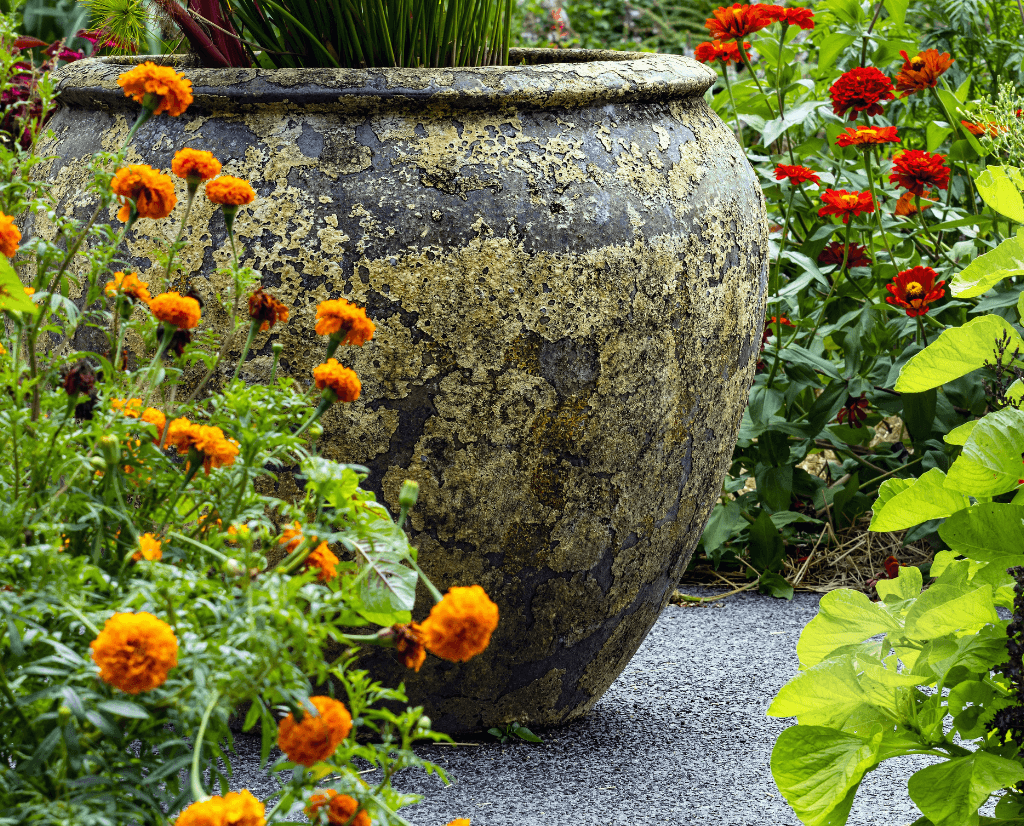
Why Mosquitoes Avoid Them
Marigolds are famous for their strong, pungent scent, which comes from a chemical called pyrethrum. This natural compound is widely used in commercial insect repellents and effectively deters mosquitoes, as well as other garden pests like aphids and nematodes.
Planting Tips
- Light: Full sun (at least 6 hours daily).
- Soil: Well-draining soil; moderately fertile.
- Watering: Regular watering; avoid waterlogging.
- Care: Deadhead spent blooms to encourage continuous flowering.
Placement
- Plant marigolds near seating areas, garden edges, or water features to keep mosquitoes away.
- Ideal for beds, borders, and containers.
Pro Tip: Companion planting marigolds with vegetables can also protect edible crops from pests naturally.
2. Lavender (Lavandula spp.)
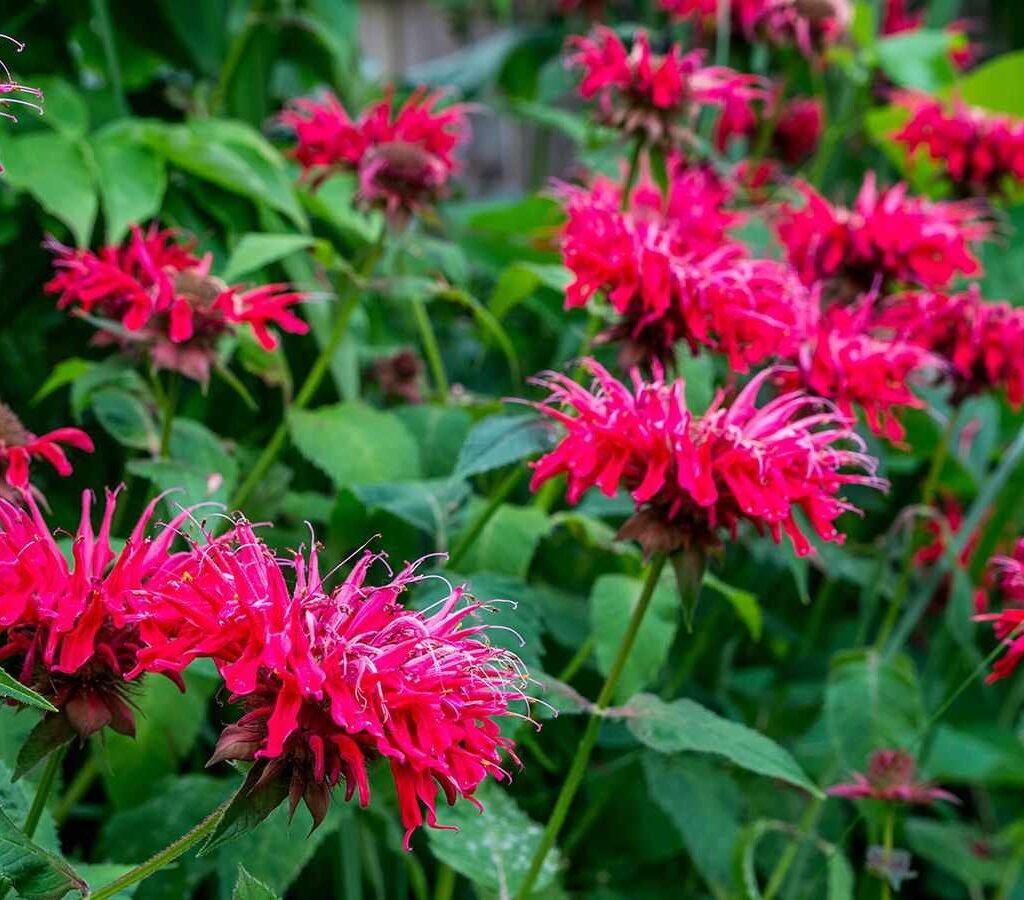
Why Mosquitoes Avoid It
Lavender produces fragrant essential oils that are highly effective in repelling mosquitoes. Its aroma is pleasant to humans but offensive to these pests, making it a dual-purpose plant for beauty and function.
Planting Tips
- Light: Full sun; requires at least 6–8 hours of direct sunlight.
- Soil: Well-draining, sandy or loamy soil.
- Watering: Moderate; drought-tolerant once established.
- Care: Prune lightly after flowering to maintain shape and encourage new growth.
Placement
- Plant near patios, entrances, or outdoor seating areas.
- Lavender also attracts pollinators like bees and butterflies, supporting garden biodiversity.
Pro Tip: Crush a few leaves before seating outdoors to release extra essential oils and boost mosquito-repelling effects.
3. Citronella Grass (Cymbopogon nardus)
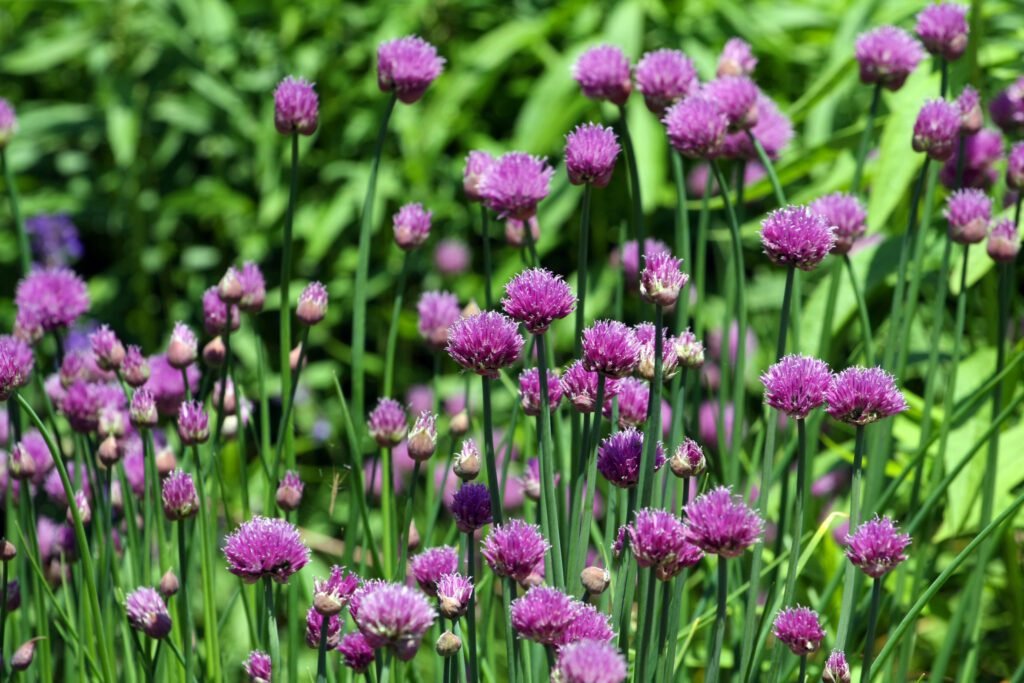
Why Mosquitoes Avoid It
Citronella grass is widely recognized for its mosquito-repelling properties, thanks to the citronella oil it produces. This oil masks scents that attract mosquitoes, making them less likely to land near your garden.
Planting Tips
- Light: Full sun to partial shade.
- Soil: Moist, well-draining soil.
- Watering: Regular watering; prefers consistent moisture.
- Care: Trim back dead leaves and stems; propagate via division.
Placement
- Ideal for borders, containers, or around outdoor seating areas.
- Can be combined with other flowers for a multi-layered mosquito defense.
Pro Tip: Crush leaves gently before sitting nearby to release stronger mosquito-repelling scent.
4. Petunias (Petunia spp.)
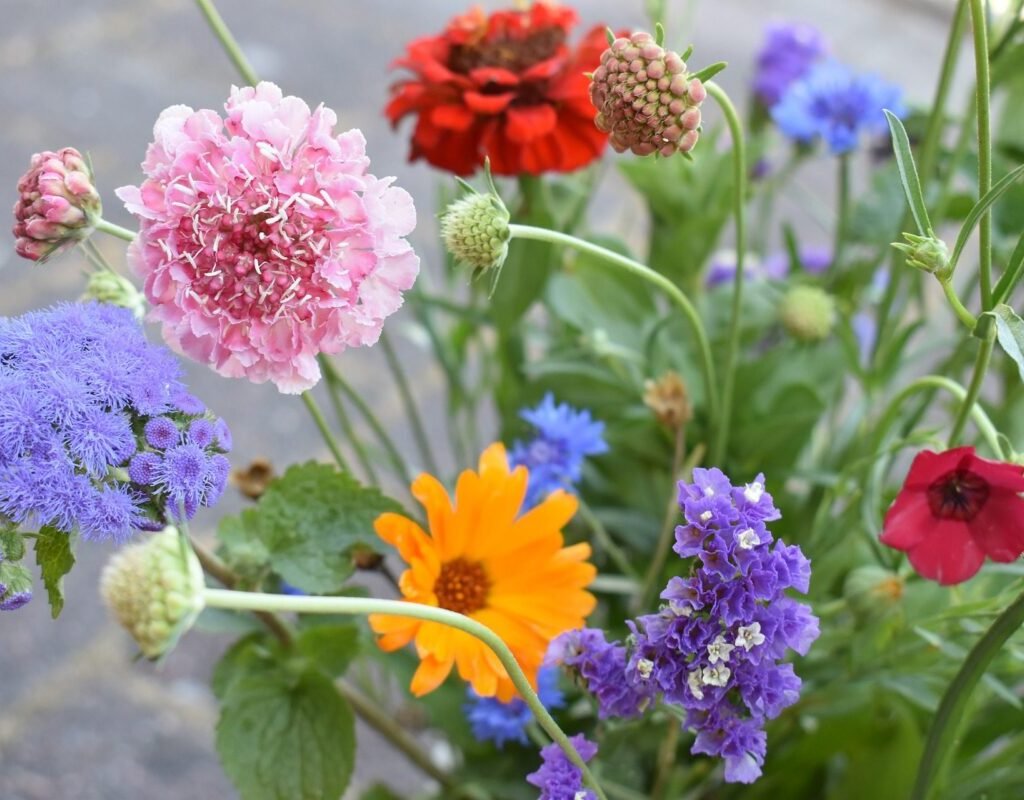
Why Mosquitoes Avoid Them
Petunias produce a chemical called allicin, which is similar to compounds in garlic. This chemical emits a scent that mosquitoes and other flying insects dislike, while adding vibrant colors to your garden.
Planting Tips
- Light: Full sun for best blooms.
- Soil: Fertile, well-draining soil.
- Watering: Keep soil moist but avoid soggy conditions.
- Care: Deadhead regularly; fertilize every 2–3 weeks during flowering season.
Placement
- Great for window boxes, hanging baskets, and flower beds near outdoor activity zones.
- Petunias also attract butterflies and hummingbirds, increasing garden appeal.
Pro Tip: Plant petunias near entrances or walkways to create a natural mosquito shield.
5. Rosemary (Rosmarinus officinalis)
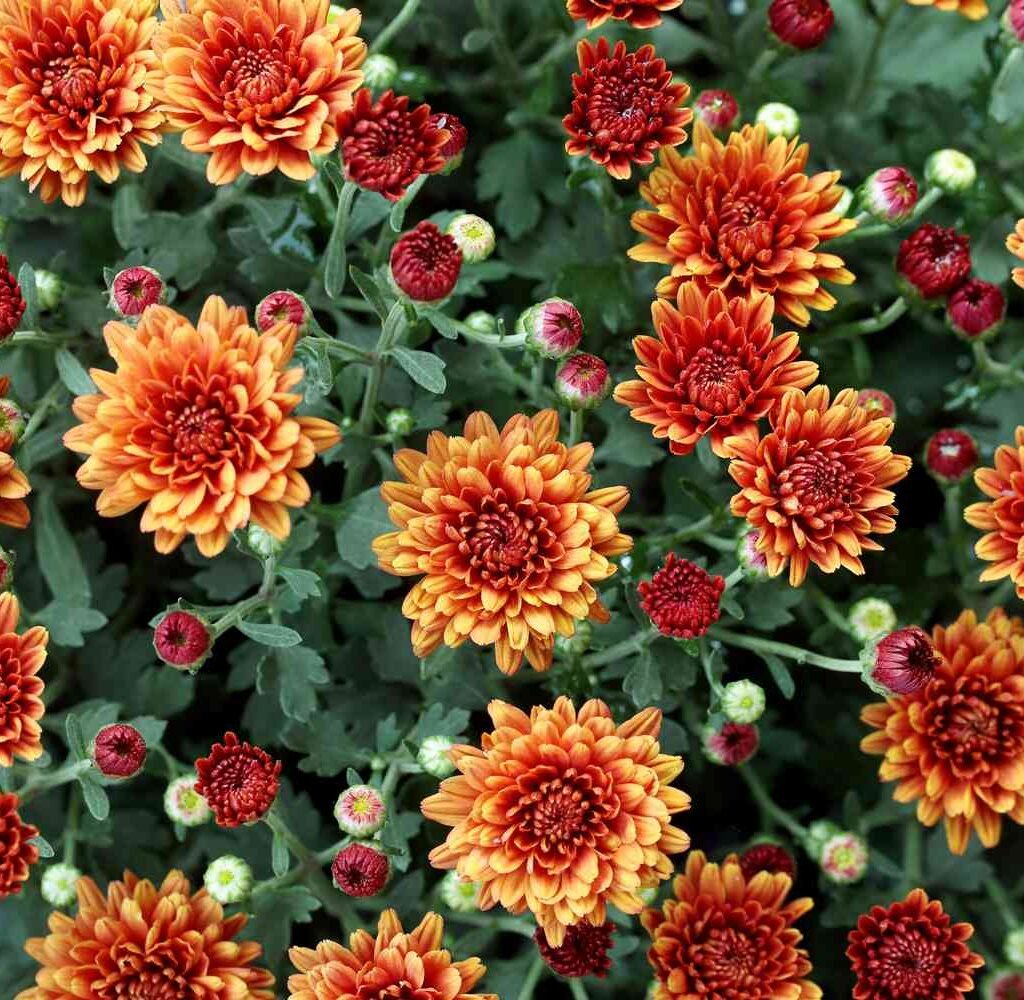
Why Mosquitoes Avoid It
Rosemary is a fragrant herb whose essential oils repel mosquitoes effectively. Its woody stems and aromatic leaves act as a natural barrier, while its delicate flowers add visual charm.
Planting Tips
- Light: Full sun; needs at least 6 hours of sunlight daily.
- Soil: Well-draining soil; slightly sandy or loamy.
- Watering: Moderate; drought-tolerant once established.
- Care: Prune regularly to maintain shape and promote flowering.
Placement
- Plant in garden borders, containers, or herb gardens near patios and seating areas.
- Rosemary is also culinary-friendly, letting you harvest fresh sprigs for cooking.
Pro Tip: Rub leaves between your fingers while sitting outdoors to release extra aromatic oils for enhanced mosquito repelling.
Creating a Mosquito-Free Garden
To maximize the mosquito-repelling effect:
- Combine multiple plants: Group at least 2–3 mosquito-repelling flowers for a stronger effect.
- Plant near activity zones: Place flowers where you spend time, such as patios, decks, and outdoor dining areas.
- Maintain healthy plants: Regular pruning, watering, and fertilizing ensures flowers produce optimal levels of aromatic oils.
- Eliminate standing water: Mosquitoes breed in water, so remove puddles, clogged gutters, and unused containers.
- Use containers: Place potted mosquito-repelling flowers around seating areas for flexibility and maximum effect.
Pro Tip: Mixing colorful, fragrant flowers adds aesthetic appeal while providing natural pest control.
Additional Benefits of Mosquito-Repelling Flowers
- Pollinator-friendly: Many mosquito-repelling flowers, like lavender and rosemary, attract bees, butterflies, and hummingbirds.
- Eco-friendly: Avoids harmful chemical sprays, protecting beneficial insects and soil health.
- Fragrance: Enhances the garden with pleasant natural scents.
- Low maintenance: Most mosquito-repelling flowers are hardy, drought-tolerant, and easy to grow.
Pro Tip: A garden with both visual and functional appeal improves quality of outdoor living spaces while reducing pest-related discomfort.
Final Thoughts
A mosquito-free garden doesn’t have to rely on harsh chemicals. By planting marigolds, lavender, citronella grass, petunias, and rosemary, gardeners can create a beautiful, fragrant, and natural barrier against mosquitoes.
Key takeaways:
- Plant a mix of mosquito-repelling flowers for maximum effectiveness.
- Maintain plants regularly to ensure strong scent production.
- Place flowers strategically near patios, decks, and activity zones.
- Combine natural repellents with habitat management, like removing standing water, to reduce mosquito populations.
With these strategies, your garden can become both stunning and pest-free, offering a safe and enjoyable outdoor environment throughout the growing season. By combining aesthetic beauty with functional design, you can enjoy your garden without worrying about mosquito bites, all while supporting a healthy, eco-friendly outdoor space.
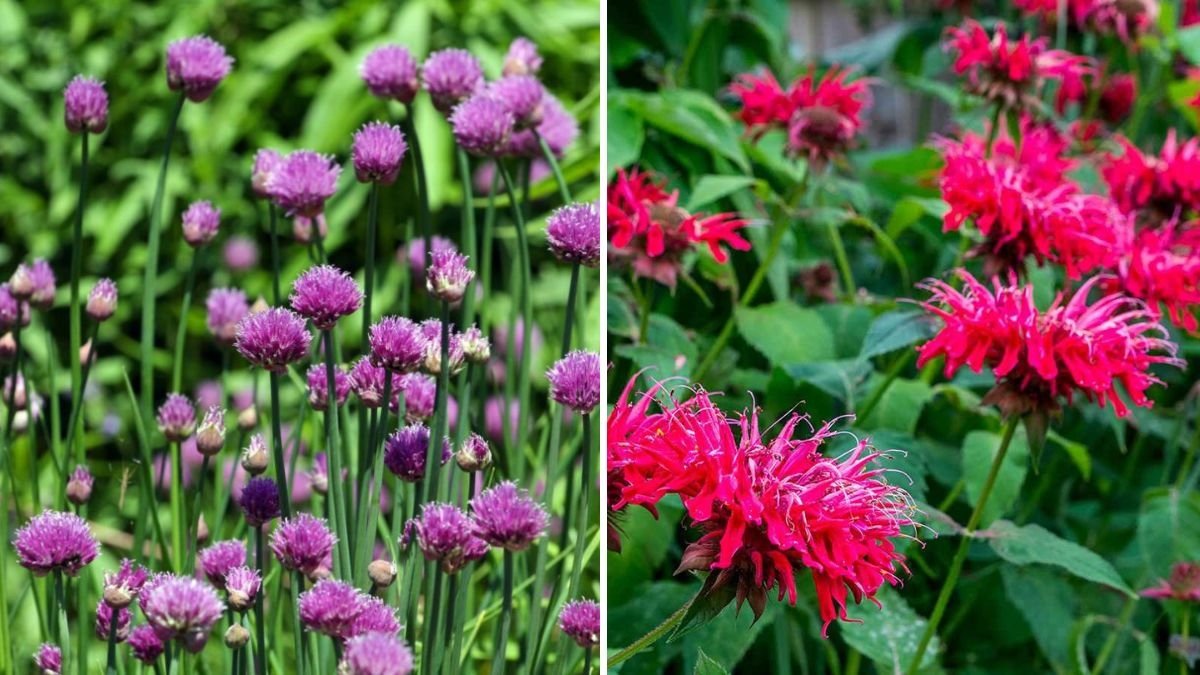
Leave A Comment